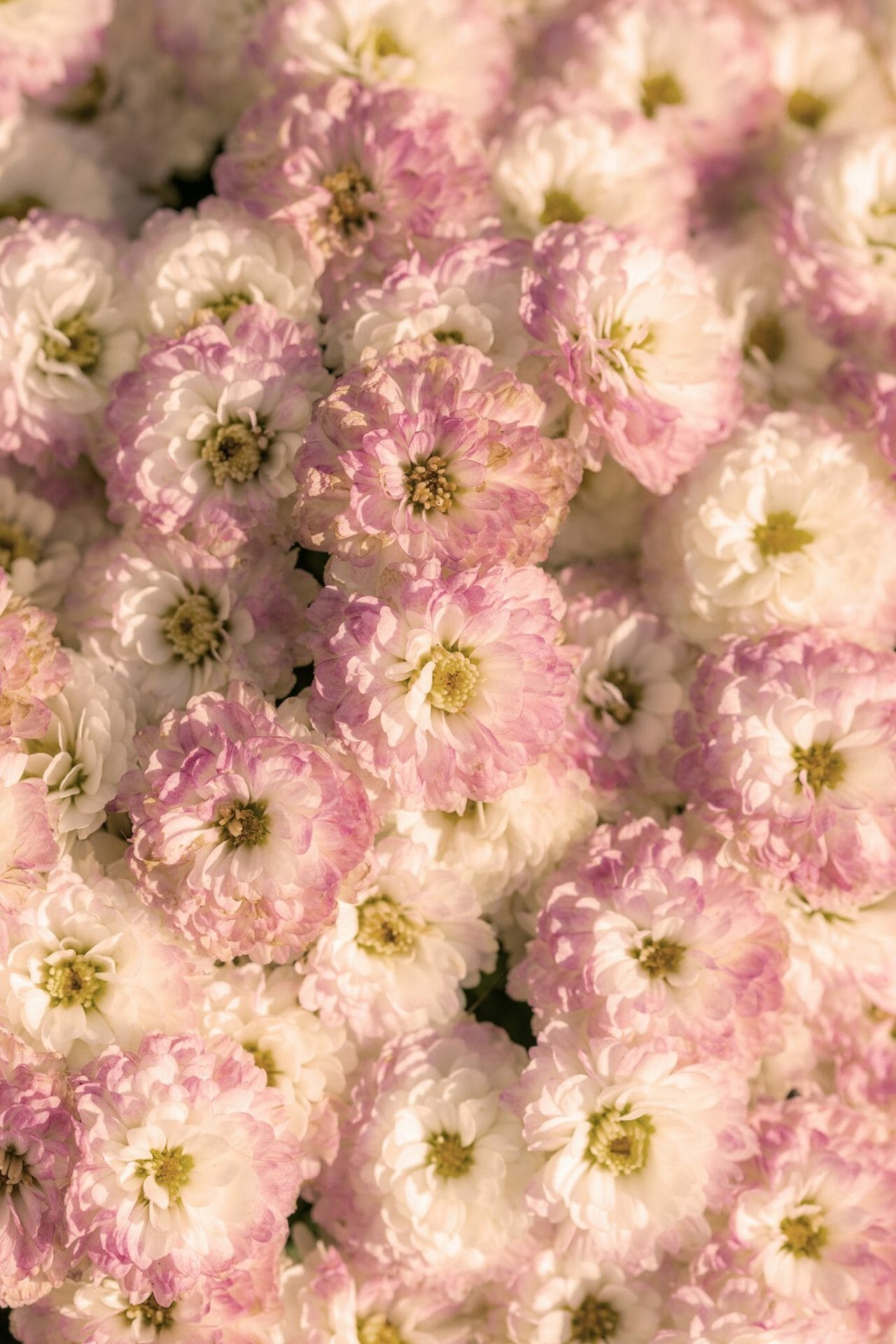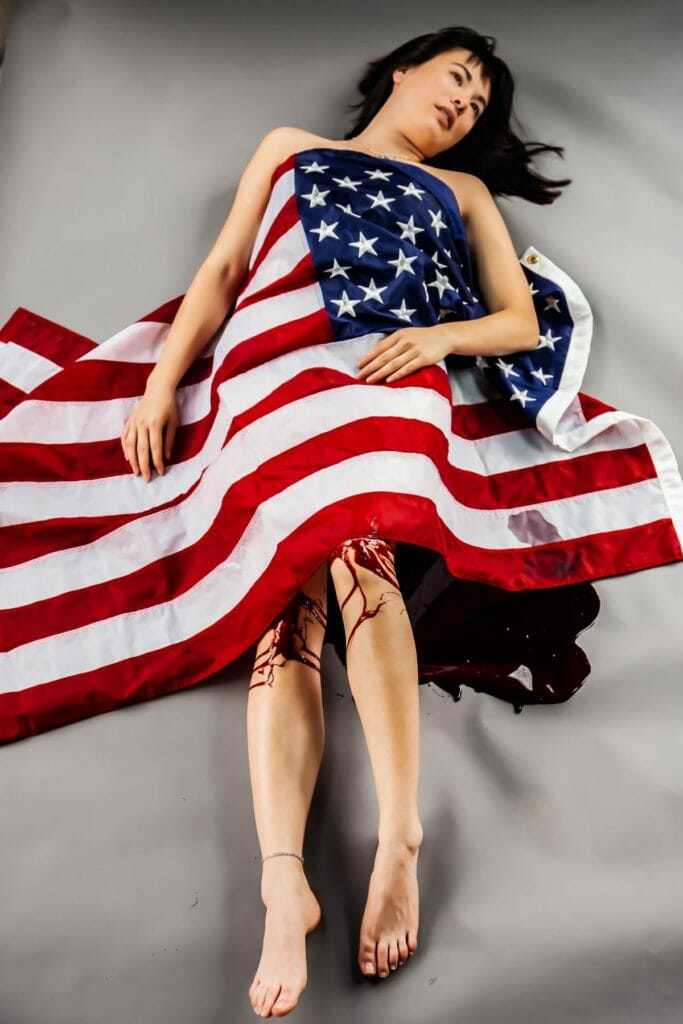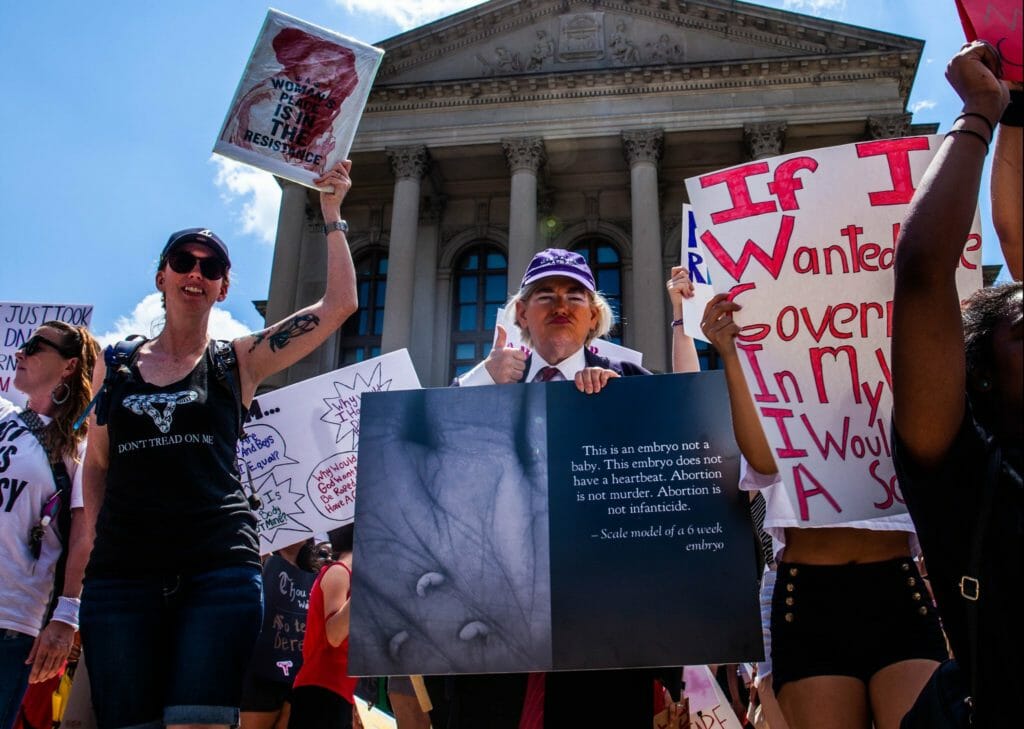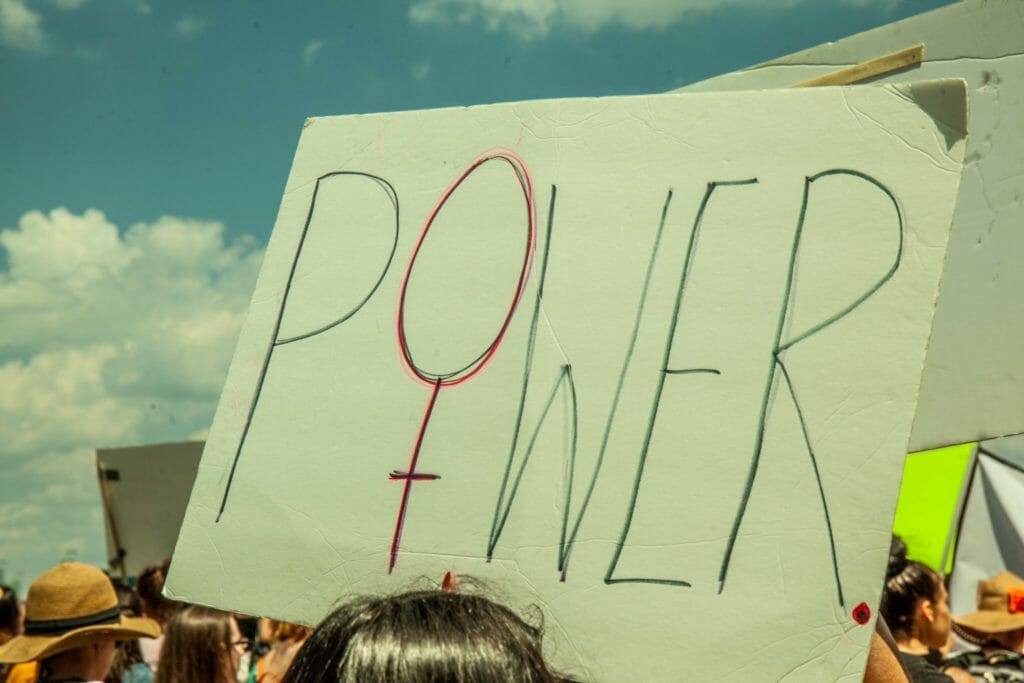ATLANTA — My fear as a Black woman is always felt somewhere in my body. I remember being a little girl and feeling the implications of the color of my skin. But even with the weight of impending danger, there is pride, beauty, and empowerment in Black womanhood. I have long asked myself: when would the moment come that I would face the American pastime of systematic abuse? How would I be touched? Would I survive?
When the Louisville grand jury announced its decision not to indict the officers who murdered Breonna Taylor, I felt a shock to my system in a new way. Perhaps it was because the story of her murder kept replaying in my head anytime there was a mention of police violence this year. I imagined Breonna, vulnerable in her home, attempting to relax, at peace, and the fear she must have felt when the police shot 32 rounds that night. Every time the image flashed in my head, I felt this fear for the other Black women in my community. Every Black woman in America could be Breonna Taylor, a person simply existing, breathing, hoping to get to the next day. The decision not to convict the cops that murdered her shows that the massacre of Black women will not stop until we dismantle the penal system, a system entangled with a will to kill Black bodies at an unfathomable rate.
Shortly after the verdict, it was revealed that the Attorney General of Kentucky, Danial Cameron, didn’t present the grand jury with charges outside of the wanton endangerment in the first degree, claiming, “Indictments obtained in the absence of sufficient proof under the law do not stand up and are not fundamentally fair to anyone.” If they choose, the polixfce can go above the law and murder an innocent woman in her home. Breonna is another victim of law enforcement’s disregard for Black life.
Though violence against Black women has tended to be forgotten or disregarded in this movement, which prioritizes injustices done to cis Black men, the campaign to arrest Breonna’s killers did gain momentum this past May, two months after the incident. The momentum was followed by the #arrestthecopsthatkilledBreonnataylor trend, which unfortunately morphed into somewhat of a frivolous punchline for viral tweets rather than being a helpful and robust campaign. Still, beyond that controversy, Breonna’s story reinvigorated the Say Her Name campaign, co-founded by feminist theorist and lawyer Kimberle Crenshaw, to remember the forgotten and overlooked Black women murdered by the police.
We were chanting Breonna\’s name at protests this summer, but it seemed to take a while before she was a part of the broader Black Lives Matter movement. However, I never could have anticipated the massive summer-long social media drive to arrest her murderers or that Breonna\’s portrait would grace the cover of Vanity Fair. It was a surprise to see Breonna, a Black woman, be considered in a moment of protest, but I always knew it wouldn\’t change the story\’s inevitable end. The prison industrial complex will always protect the police and will never protect Black women.
The Louisville Metropolitan Police Department fired one of the officers, Brett Hankison, in June 2020, but this was not enough. The punishment did not fit the crime, but the type of life they took doesn\’t matter to the justice system, which is proven time and time again. Fast forward to Dec. 29, 2020: an article in the New York Times reads that Detective Myles Cosgrove would also be terminated from the LMPD along with Detective Joshua Jaynes, who was involved in planning the raid at Breonna\’s home. It seems that Louisville identifies the incompetent and disturbing job the officers did that night, but instead of giving them proper treatment, they were given nominal punishment. No matter how much noise we made, officers Mattingly, Hankison, and Cosgrove would never go to prison.
Black women cannot depend on the American capitalist system to protect them or hold their abusers accountable. A 2015 Violence Policy Center study finds that Black women were two and a half times more likely to be murdered by men than their white counterparts, and they are more likely to be attacked by police. Moreover, this violence towards us starts at an early age. According to a study from the Institute of Women’s Policy Research:
“Black girls are more likely to be considered loud and disruptive in school and scholars cited in the report ascribe disproportionate incarceration rates to racial disparities in school discipline, ‘War on Drugs’ policies, and other forms of institutionalized racism and sexism.”`
The grand jury’s decision not to indict the officers who killed Breonna proves that this cycle of violence will not change any time soon. Our lives are considered expendable; the implication of danger is always present.
During the protests this summer, I thought about how strong Black women are supposed to and have to be. We always keep fighting even when we don’t have the support we need; we still find a way to lead freedom movements. We march in the streets because we don’t want to lose our sisters to police violence. We keep fighting to protect the lives of the Black women we love, and the protests sparked by Breonna did showcase a wave of solidarity for fighters on the front lines.
After the verdict, Louisville natives were sobbing outside of the courtroom, and 46 protestors were arrested hours later. In New York, Seattle, Atlanta, and Chicago, protests displayed a universal outrage far beyond anything we have seen in the history of #SayHerName. Kimberly Crenshaw wrote a piece for Level by Medium, published on Oct. 9 entitled, “Breonna Taylor and Bearing Witness to Black Women’s Expendability.” She stated:
“If Breonna’s story serves as the cornerstone for a generation of activism like Emmett’s did, it will foreground something new in the Black freedom struggle, something that the #SayHerName campaign has been fighting for since 2014. It will make all Black women central to any analysis of and challenge to anti-Blackness.”
Our response to the verdict tends to support this inclination. The death of Breonna Taylor will be another tragic moment in Black history, but the story shouldn’t end there. The collective energy felt could support a movement that already has rigorous leadership in front of it.
On Sept. 18, 2020, hours before the grand jury’s decision was announced, Tamika Palmer, Breonna Taylor’s mother, gave an interview on NPR, saying “I won’t go away; I’ll still fight,” in the case that the officers responsible for her daughter’s death weren’t charged. In a country that did not respect her daughter’s life, she will not stop fighting for Breonna, and even though the verdict hit hard, the movement must support her. We still can express our support with our money, time, and resources, but ultimately our next move should be to support Black women in any way we can. Make sure their lives, well-being, and mental health are a top priority for the movement. Keep their experiences in the conversations of anti-Blackness. Be an advocate for the women who are on the front lines of the movement and be a part of a movement that seeks to take care of them when the system does not.




